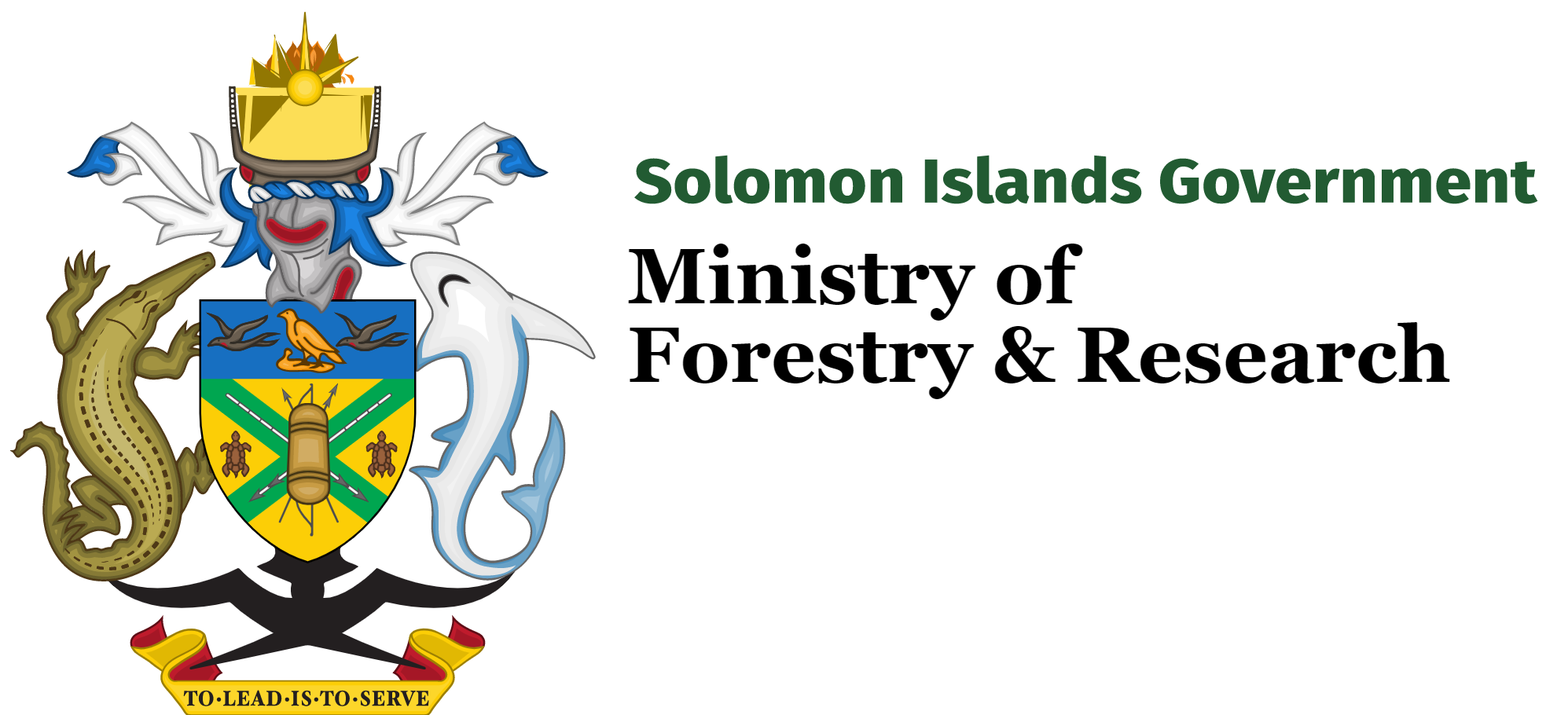Institutional Framework

General trends as regards forest policies and legislation
The importance of a sound policy and institutional framework in forestry cannot be overemphasised. This sector is so important for the economy of the Solomon Islands, accounting for about one-third (3.9 percentage points) of the overall economic growth of 10.3% in 2007. It also contributes significantly to employment creation, revenue generation, and development of infrastructure in rural areas. However, the rapid decline in natural forests due to unsustainable logging has negative consequences; not only in terms of serious economic implications, but it also results in widespread adverse environmental impacts (e.g. soil erosion, and sedimentation, water quality impacts, loss of habitat and biodiversity, and loss of future opportunities for alternative sustainable livelihoods). Thus, as a consequence, it reduces income-generating opportunities from land-based resources.
The Forestry Bill 2004 is a draft bill that is the result of more than two decades of efforts to put in place a new law to replace the outdated and unpopular Forest Resources and Timber Utilisation Act 1969, which . with all its confused amendments . has been the main source of the problems currently experienced in the forestry industry. The Forestry Bill 2004 provides for the conservation of forests and the improved management of forest resources, control of timber harvesting, encouragement and facilitation of sustainable forestry activities, establishment of plantations, and, domestic processing of timber. Even though the bill has been subjected to considerable public consultation, it has been seen as lacking satisfactory landowner consultation, and thus has been perceived as lacking local ownership, including a perception that it has been driven too much by foreigners. It has therefore suffered undue political dissection.










